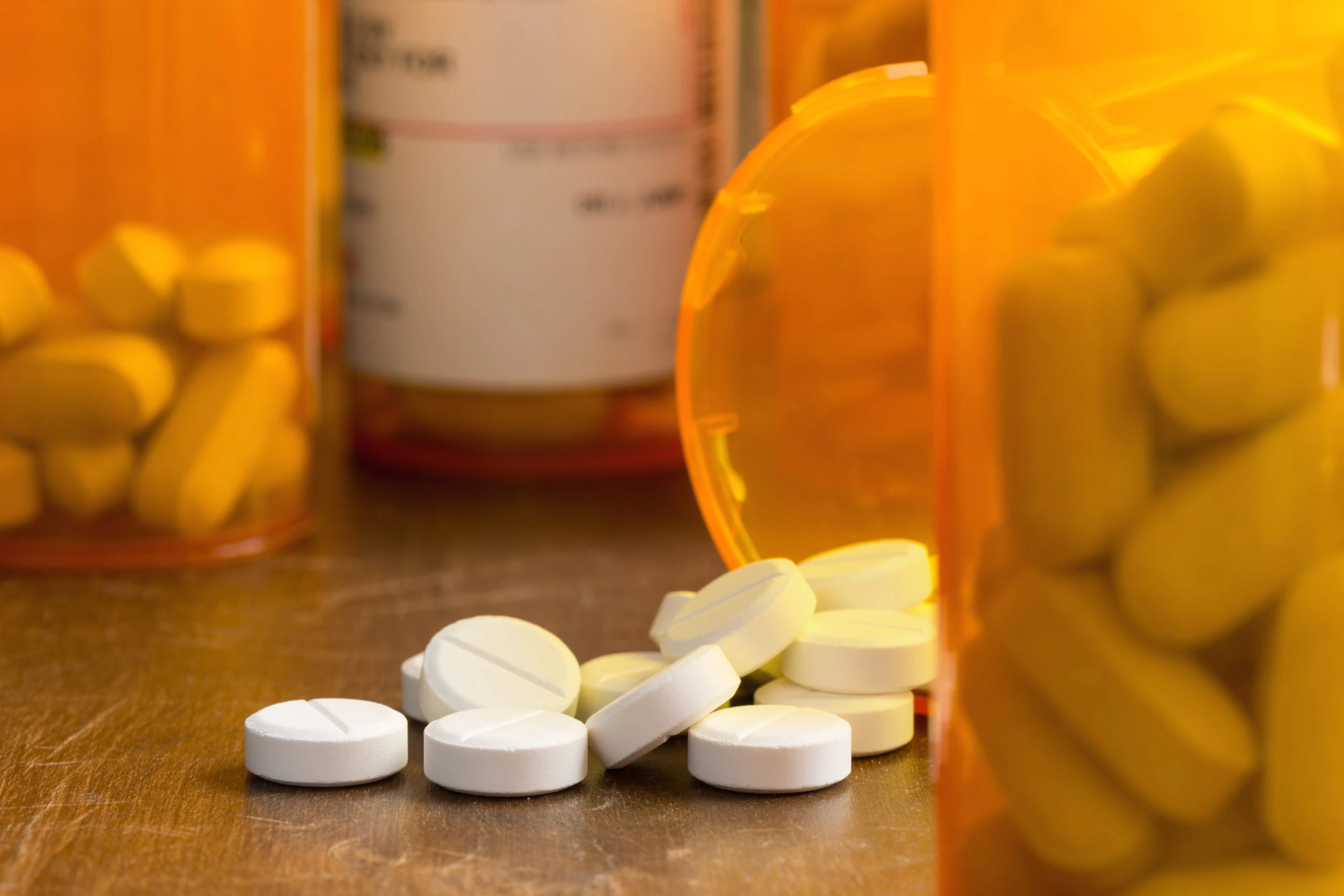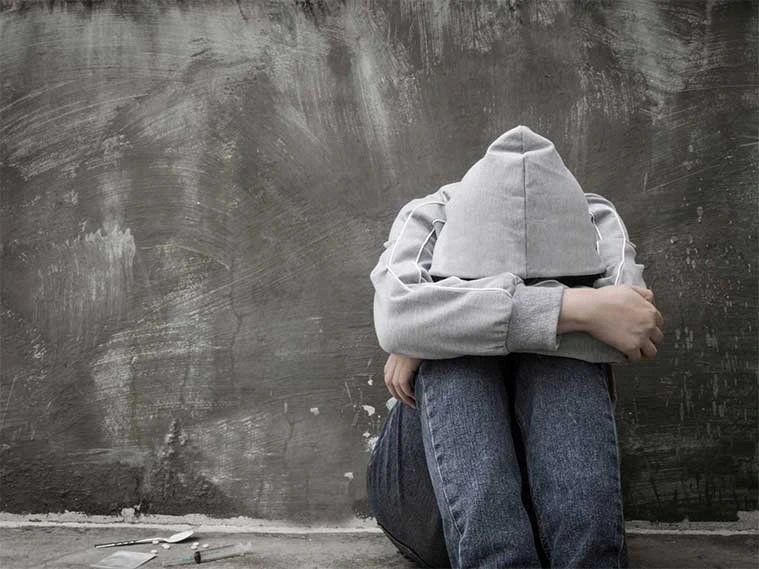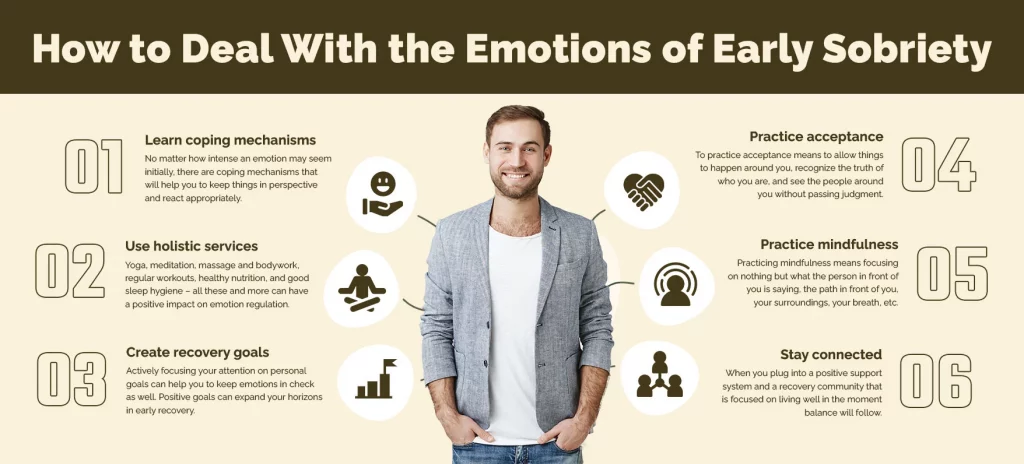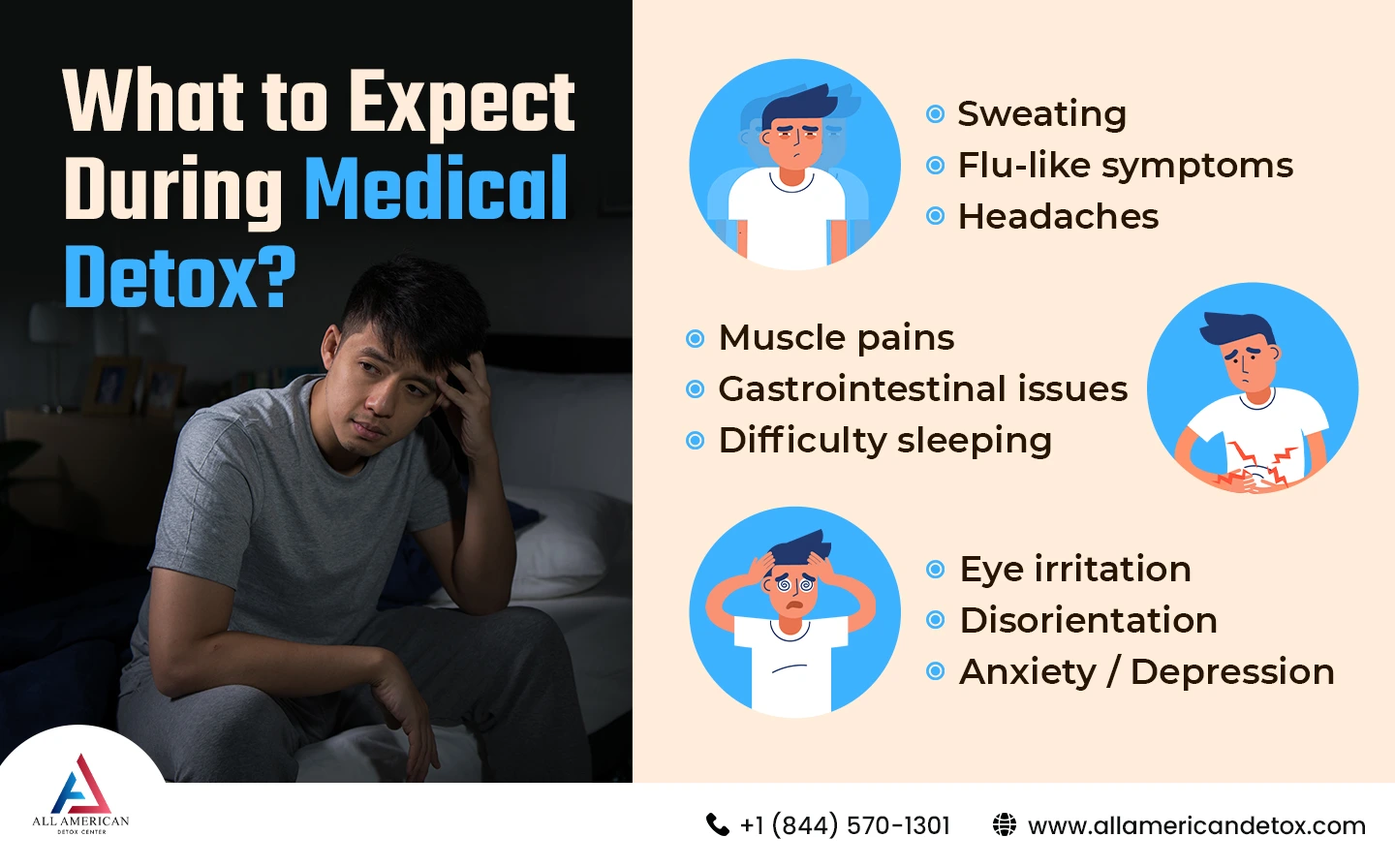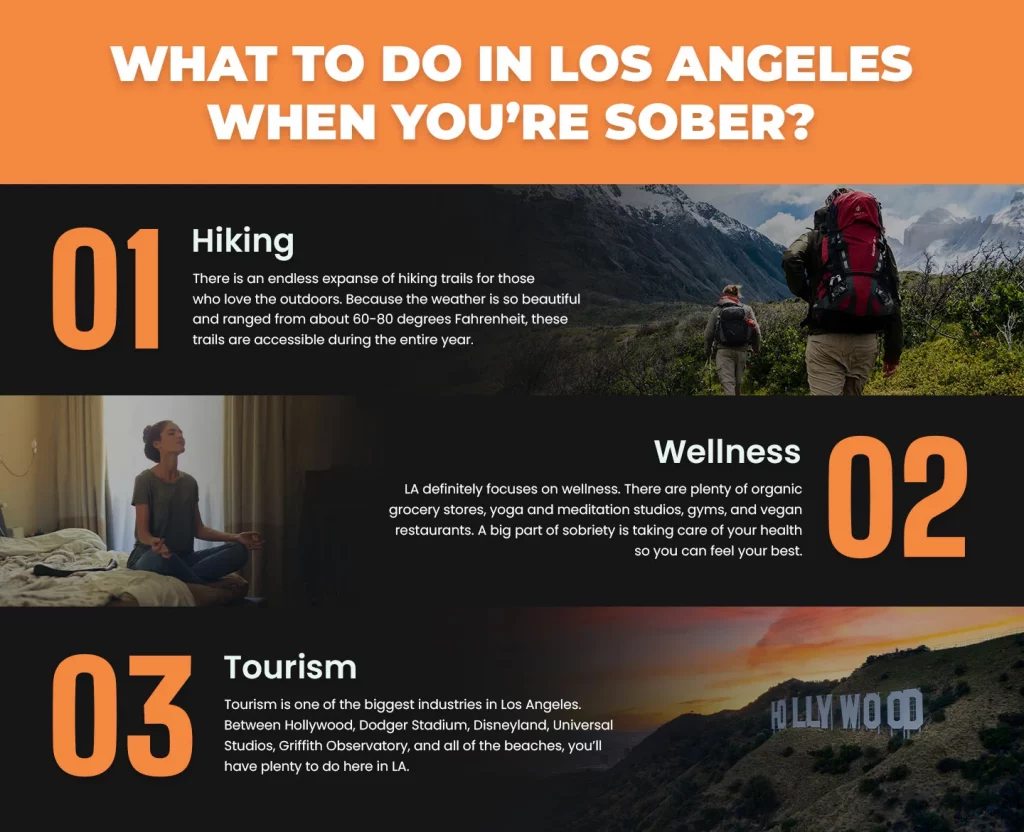Reading can be great medicine and if you’re here, reading this post, we take it that you’re a fan of diving into a good book. Is there anything quite like coming across a book that you connect with so deeply that its power becomes transformative in your life?
There are a whole host of incredible books on sobriety out there that might do just that. Here are some of our recommendations:
Nonfiction Books
These have a way of guiding our direction in sobriety:
The Big Book by Bill W.
Literally the manual for recovering from alcoholism, it was written by one of the founders of Alcoholics Anonymous, Bill W., in 1939. Not surprisingly this is one of the best-selling books of all time and Time Magazine has it on its list of 100 best/most influential books in English since 1923. Makes sense for a book that originated the 12-step method.
Drop the Rock by Bill P., Todd W. and Sara S.
Picking up from The Big Book, Drop the Rock dives deep into steps 6 and 7 of the twelve-steps:
- Step 6: We’re entirely ready to have God remove all our defects of character.
- Step 7: Humbly asked God to remove our shortcomings.
The idea of dropping the rock is to learn to part with the defects in our character that will eventually drown us if we don’t free ourselves from their weight.
Twenty-Four Hours A Day by Richmond Walker
Thoughts, meditations, and prayers are what this one is filled with and it’s been a beacon for recovering alcoholics the world over. It also has the Serenity Prayer, the 12 steps and the 12 traditions of Alcoholics Anonymous to round out a truly strong collection.
With over 9 million copies in print, it has clearly resonated with a lot of people. The beauty of this book is that it’s pocket-sized so it’s easy to bring along anywhere. If that’s not your cup of tea, you can always download the app.
Memoirs
Always nice to know what you’re going through is something someone has gone through before:
A Million Little Pieces by James Frey
Though some controversy surrounds this one and some of its details, the essence of the story is formidably moving. The harrowing experience James goes through in getting to the other side of rehab, from start to finish, is a gripping tale.
It was recently turned into a movie as well.
Dry By Augusten Burroughs
Perhaps best known for the book that preceded this one, Running with Scissors, Augusten Burroughs’s memoir on dealing with his alcoholism is a great read. Similar to A Million Little Pieces, in it he tells his tale of rehab and sobriety. The difference is that Burroughs suffuses his storytelling with light and humor so it’s not as dark.
The Unexpected Joy of Being Sober by Catherine Gray
The perception of getting sober to the drinker sounds like a whole lot of boredom. We’ve all heard someone utter that famous phrase, “you can have fun without alcohol” and wondered how. In actuality, our drinking is keeping us from finding joy in our real selves and as she notes, “I discovered that I was about a million times happier sober than I ever had been while drinking. As were the hundreds of sober pals I picked up along the way”.
Need Help With Addiction? All American Detox Is Here for You
If some of these recommendations don’t suit your fancy or pique your interest, don’t worry, the world of self-help and “quit lit” books is so rich and deep. With a little research, you’ll no doubt find something up your alley. We’re pretty voracious readers at All American Detox so feel free to call us and we tell you more of our faves.


